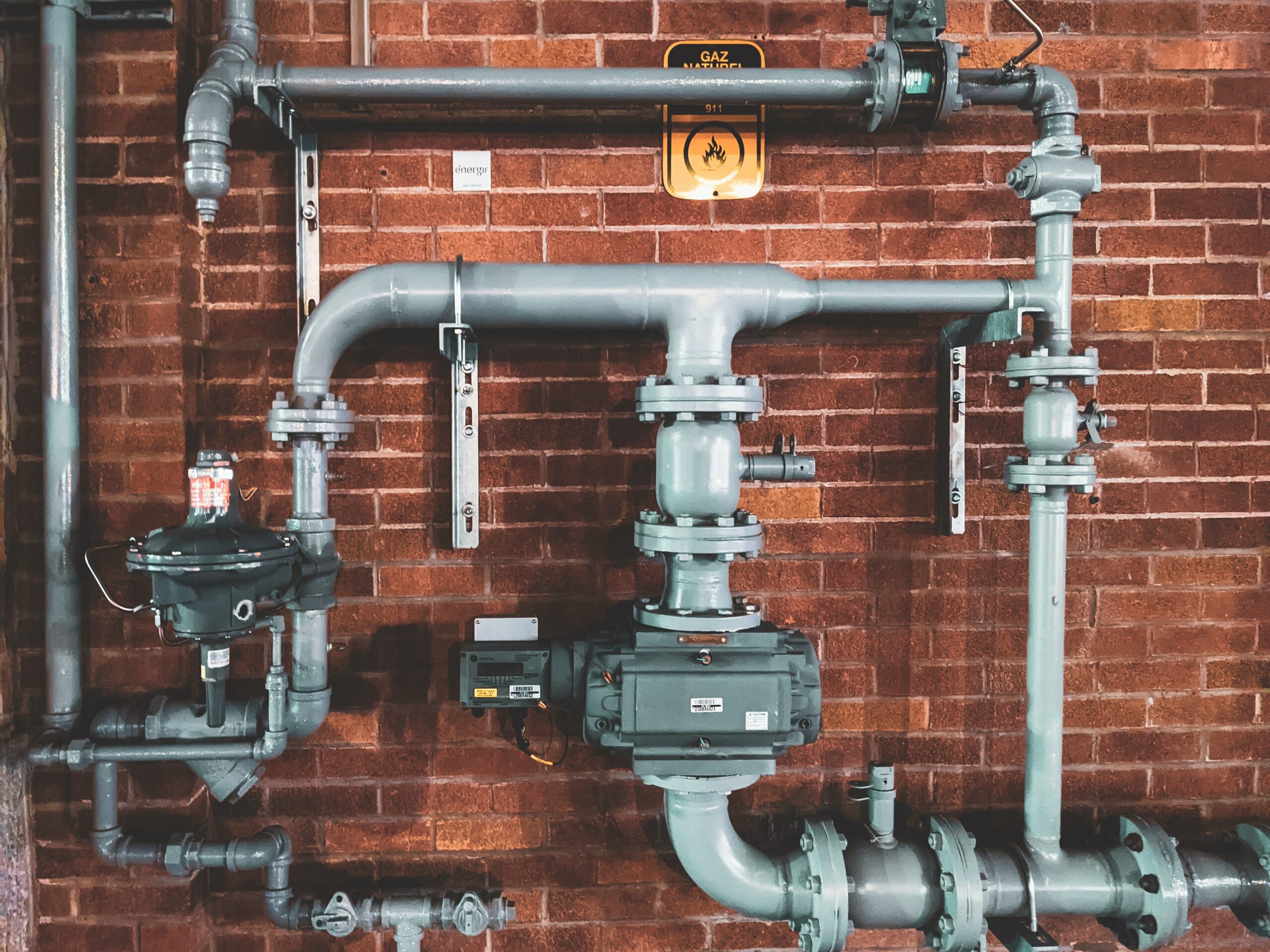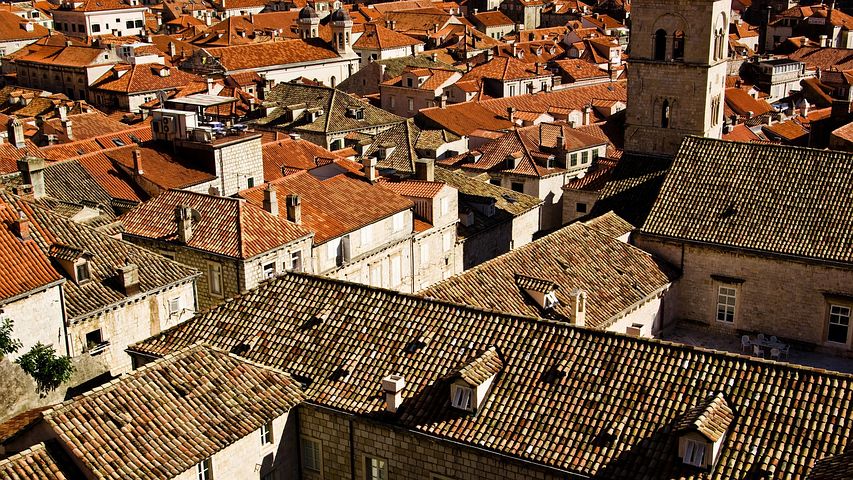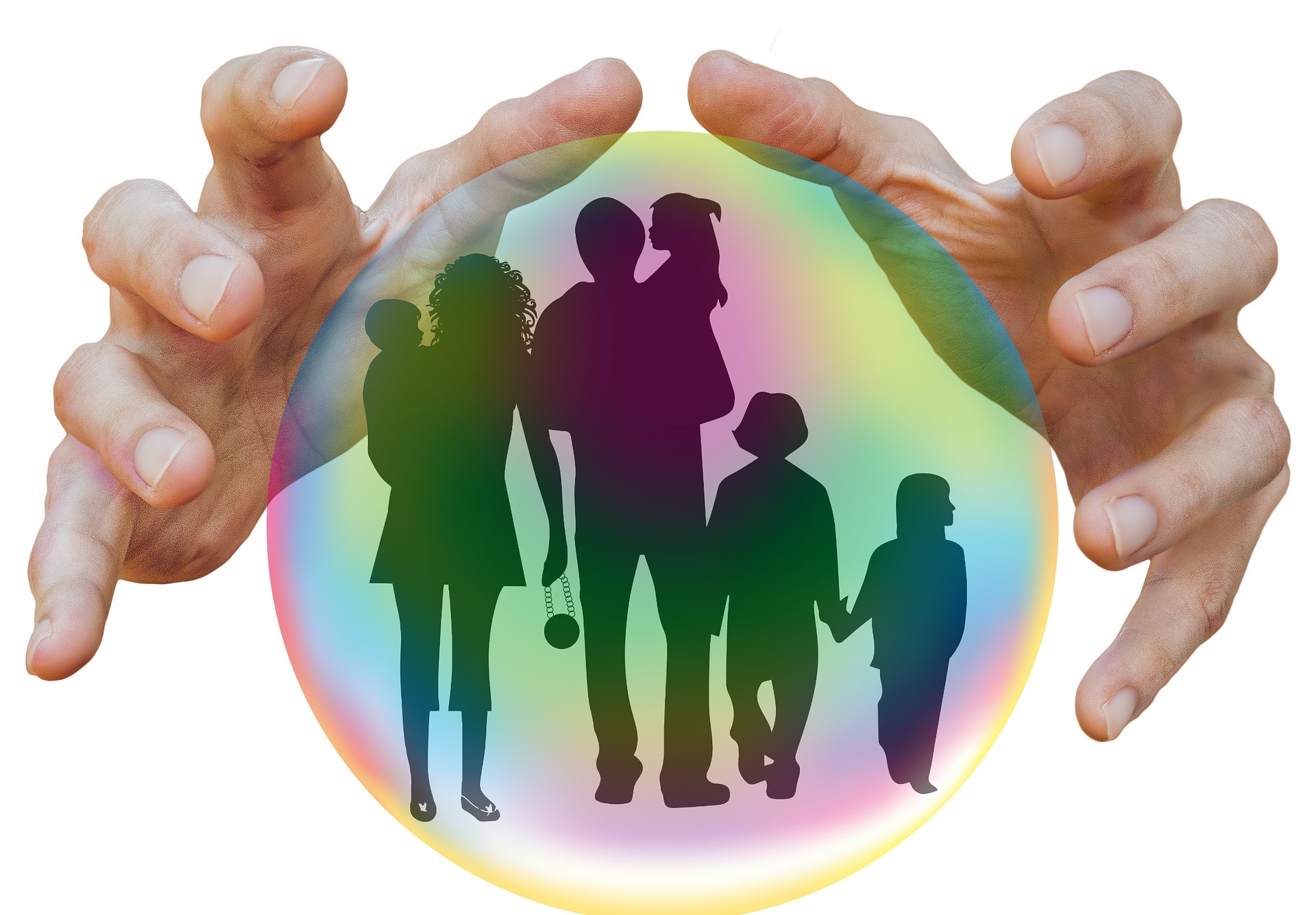So you are planning to move to or visit Croatia? I’m not surprised by your decision. Croatia is famed for its breath-taking islands and for a relaxed pace of living. Do not be discouraged by its small size, it has more than 1000 islands. The problem comes when its winter and tourists have left and you are left to fend off the cold.
If you are from a tropical country, the bitter winter cold is likely to catch you by surprise. You are used to taking electricity and heating for granted back home. That will not fly here. You best prioritize electricity and heating in your new home if you plan on surviving the winter. Let’s take a look at some of the options available to you.
Overview of Electricity and Heating in Croatia
The first thing you need to know as a foreigner is that the Croatian bureaucracy is not exactly friendly. So you might have trouble understanding how to get access to a good electricity and heating supplier. However, once you get over this slight language barrier, everything else should be simple. You will notice that most households in Croatia use electricity and gas for heating. If you are all about environmental sustainability you can go for alternative energy sources.
There are several electricity and heating suppliers in Croatia so you will have a number of options. The top supplier for heating services in the country is HEP. Most electricity and heating suppliers strive to provide affordable deals while meeting the needs of their customers.
However, your supplier will depend on where you live. Independent suppliers with access to the public electrical network can supply electricity to their customers. However, since you are not a commercial user, you can only access low voltage from your provider. Remember that most energy in Croatia is imported so don’t be surprised by the prices. The national electricity network is provided by Hrvatska elektroprivreda (HEP).
Subsequently, this electricity is distributed by the HEP ODS (Operator distribuicijskog sustava). You can choose any tariff that best meets your heating and electricity needs. If you are moving to a rural area then you will be pleasantly surprised to find that most people use independent energy sources.
Applying for a connection to Electricity and Heating System in Croatia
In Croatia, users are allowed to choose the tariff they prefer for their electrical and heating solutions. The tariff you choose will determine the type of meter you will get. As a foreigner I would recommend the prepaid orange tariff model. The tariff has many advantages such as a special meter to take payment by a card. It is also more flexible than other tariffs because you can change your requirements at any time.
It will save you a lot of time since you can download the application form from the HEP ODS website. Furthermore, as long as you only change your tariff once, you won’t pay any extra charges. The only catch is that you might need to pay for a new meter if yours is not compatible with the tariff you choose.
Getting Connected to an Electricity and Heating System in Croatia
As soon as your application has been approved, the electricity board will issue you with a contract to sign. It won’t be long before your electricity is connected and you can warm your apartment as you please. However, the process is more complicated if and when you buy property. If it’s a new property that is connected to the electrical grid, you must apply for a new connection.
If it’s already connected then you will need to switch it to your name. Otherwise, your bills will remain in the previous owner’s name. In most cases, switching will be as simple as sending an email to request a name change for your new property.
You should also know that in Croatia, most electricity and heating systems come with limiters. So if and when you exceed your set limit at any time, it cuts off your power. It might sound scary but don’t concern yourself so much. Your application for a connection will include your electrical needs. So, the chances of your power getting cut off are pretty low.
Also note that if you are moving to a building that had no electricity before, you’ll be expected to pay for the connection to the nearest pylon or source. But I don’t expect this to happen to you since you are new here.
Electricity and Heating Bills in Croatia
In Croatia meter readings are conducted twice a year, usually in March and September. You will receive a bill after each reading. However, you are allowed to take your own readings and send them to HEP for your bill. You can pay your bills through the post office or bank. Cash payments are not allowed so get a local bank account as soon as you get to the country.
HEP will normally estimate your yearly usage and distribute it equally through twelve months. This will allow you to pay your bills in advance and avoid accumulated costs. It is a fair system because it saves both you and the supplier out of pocket.



